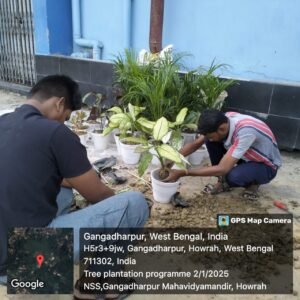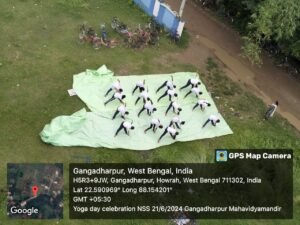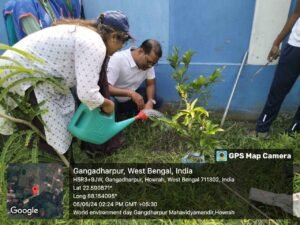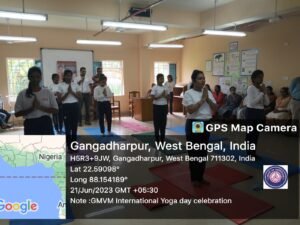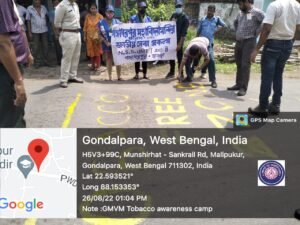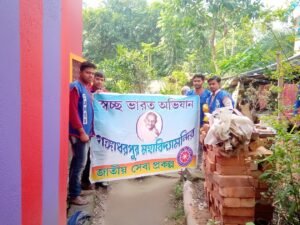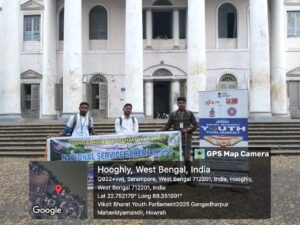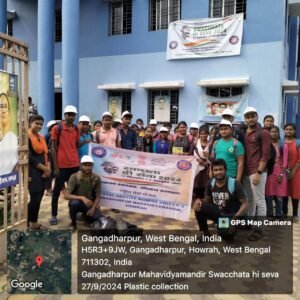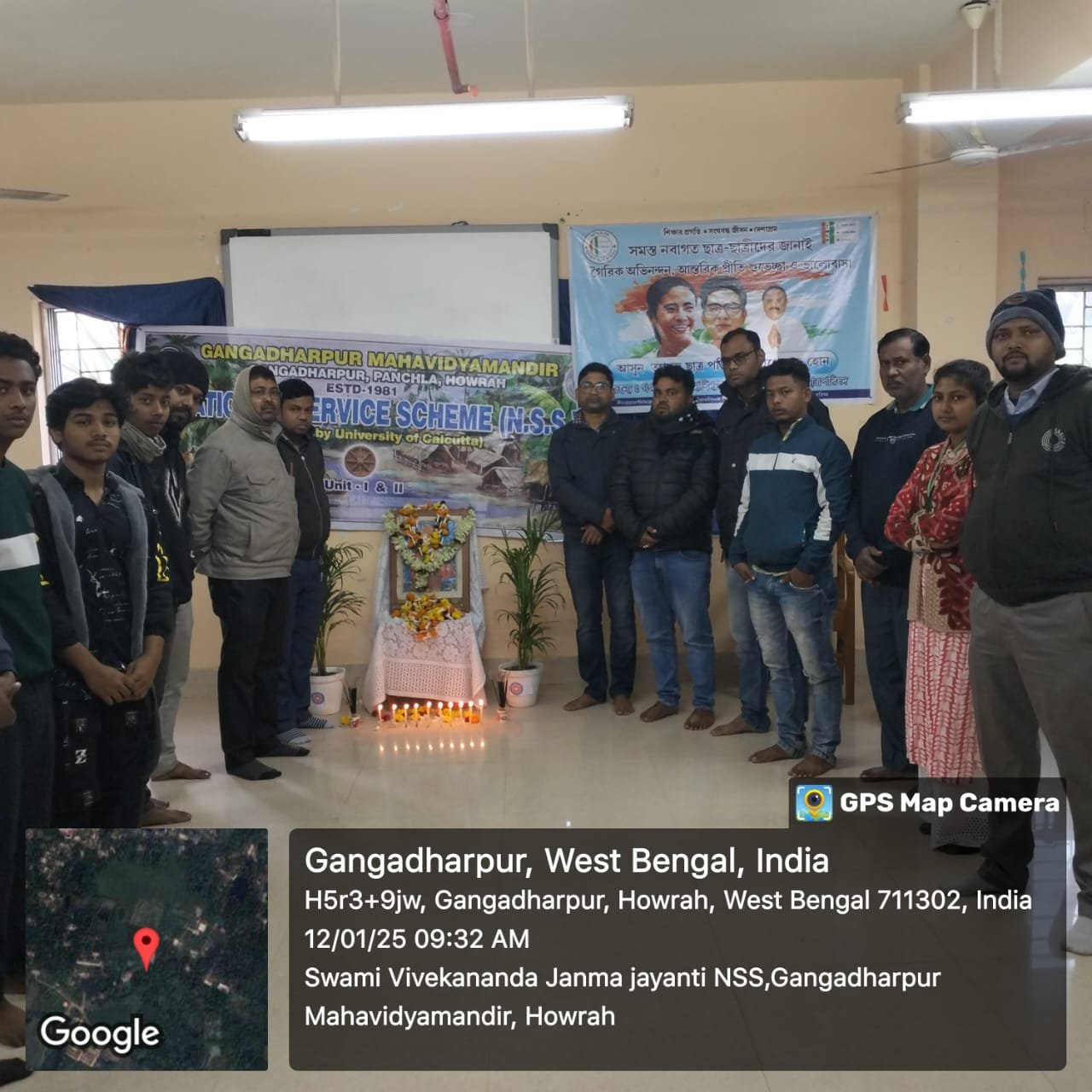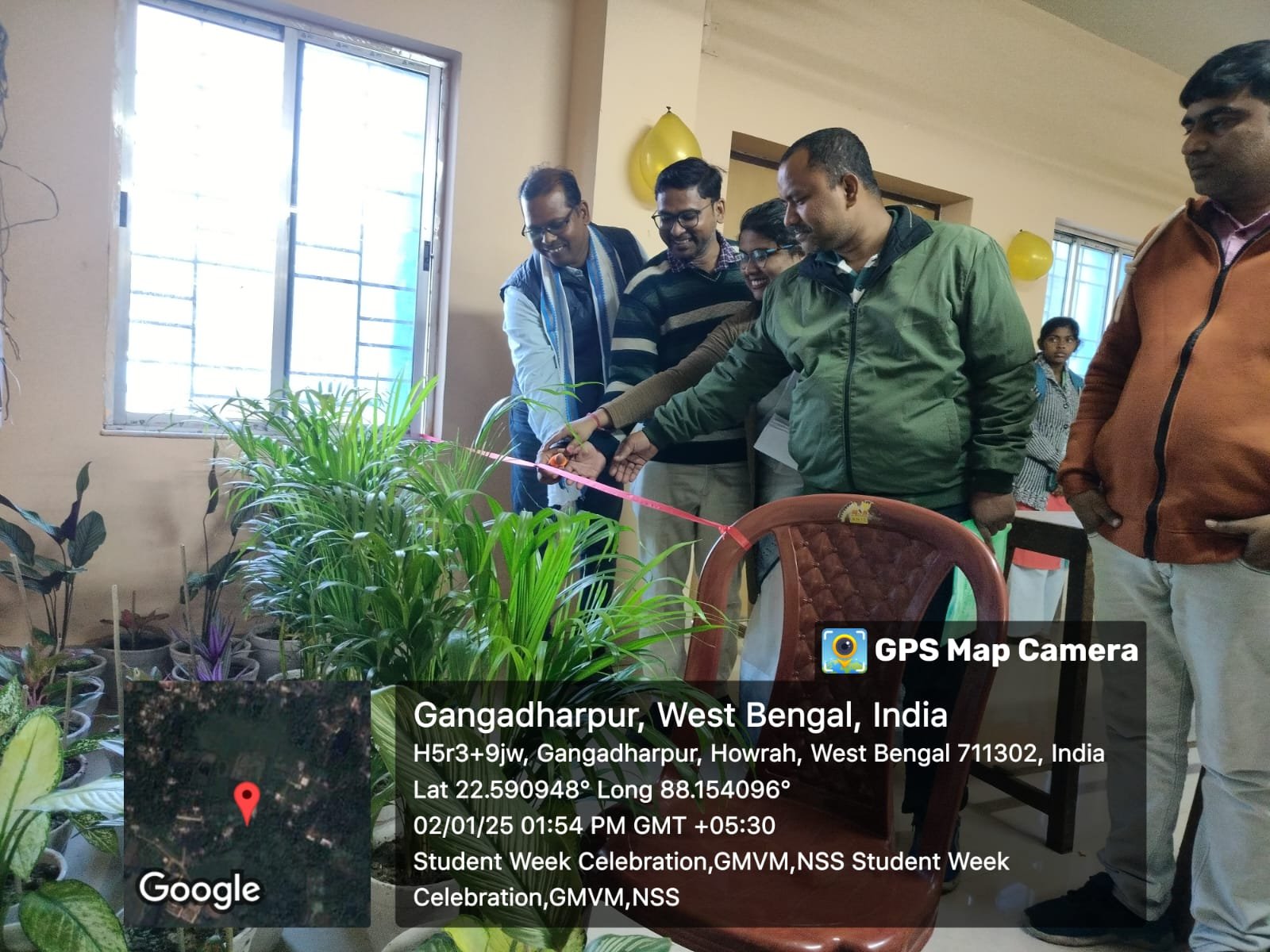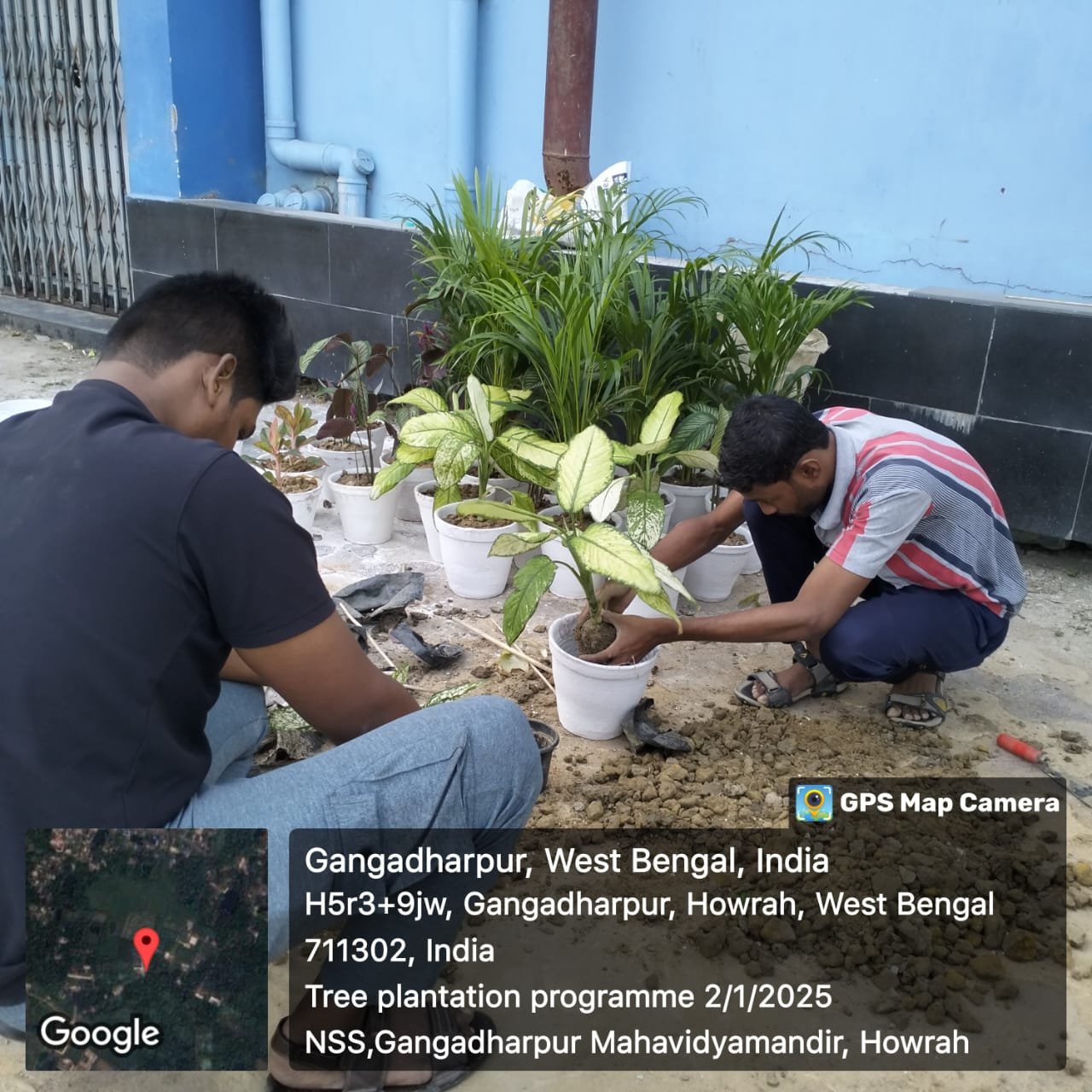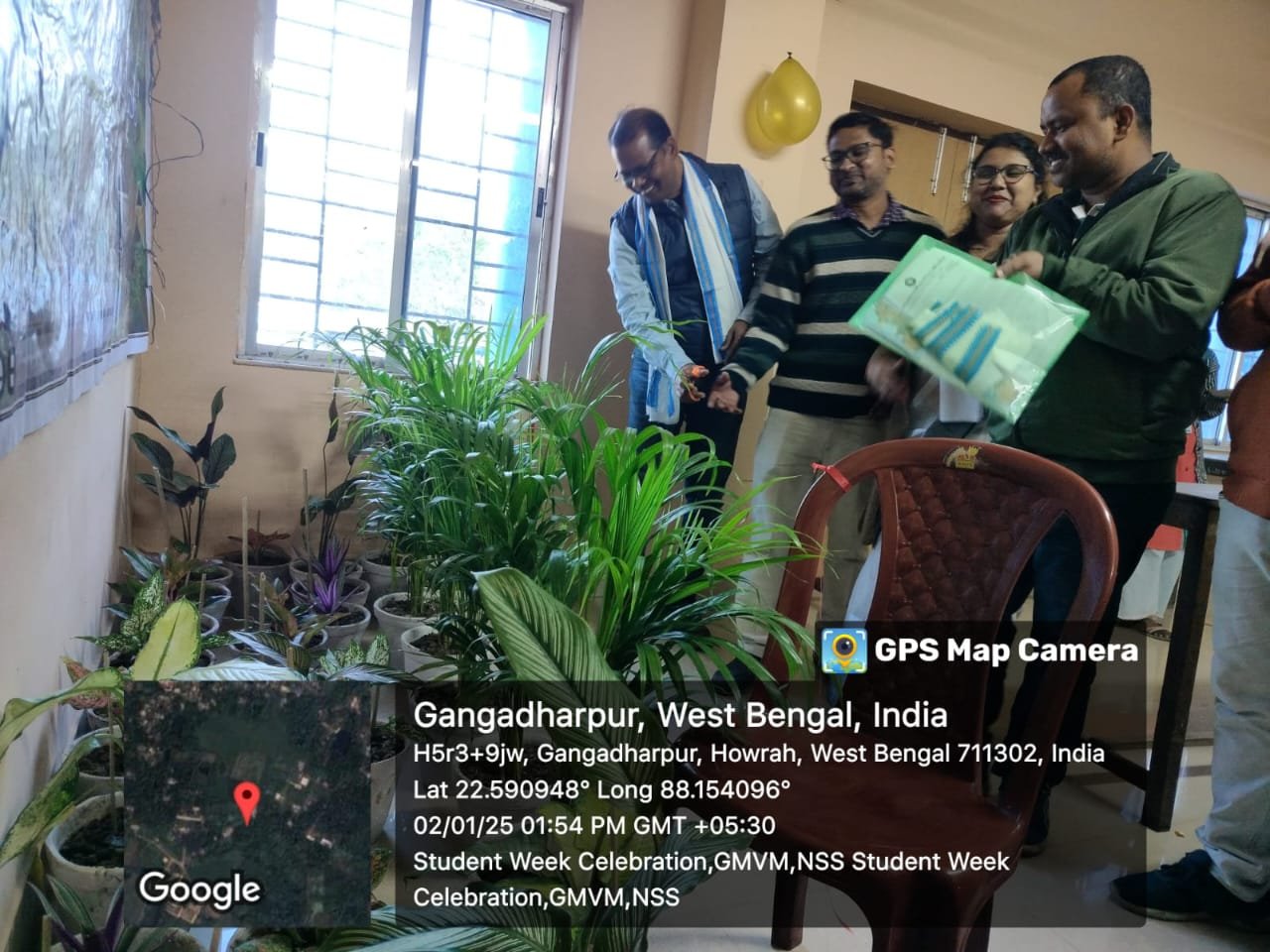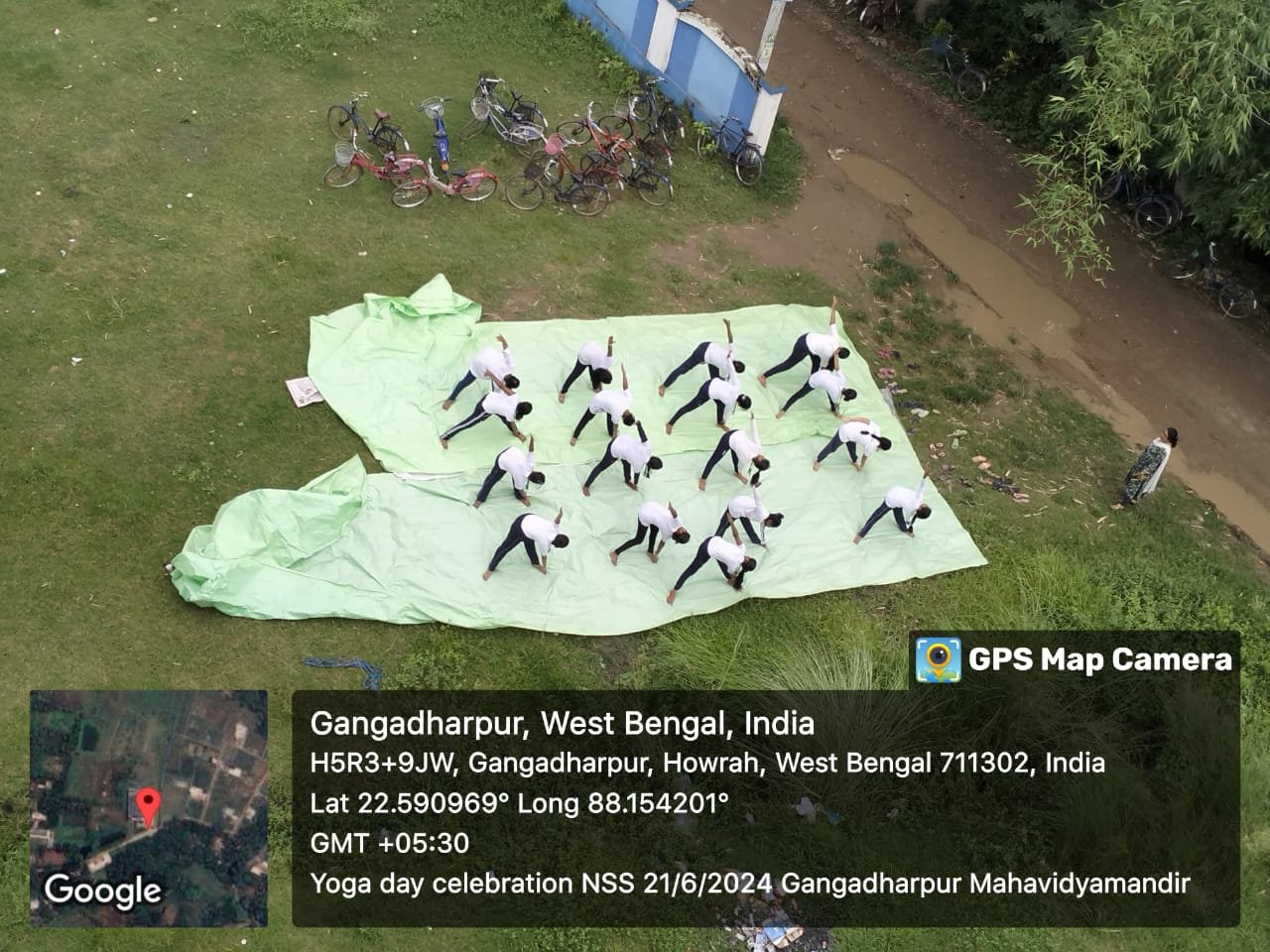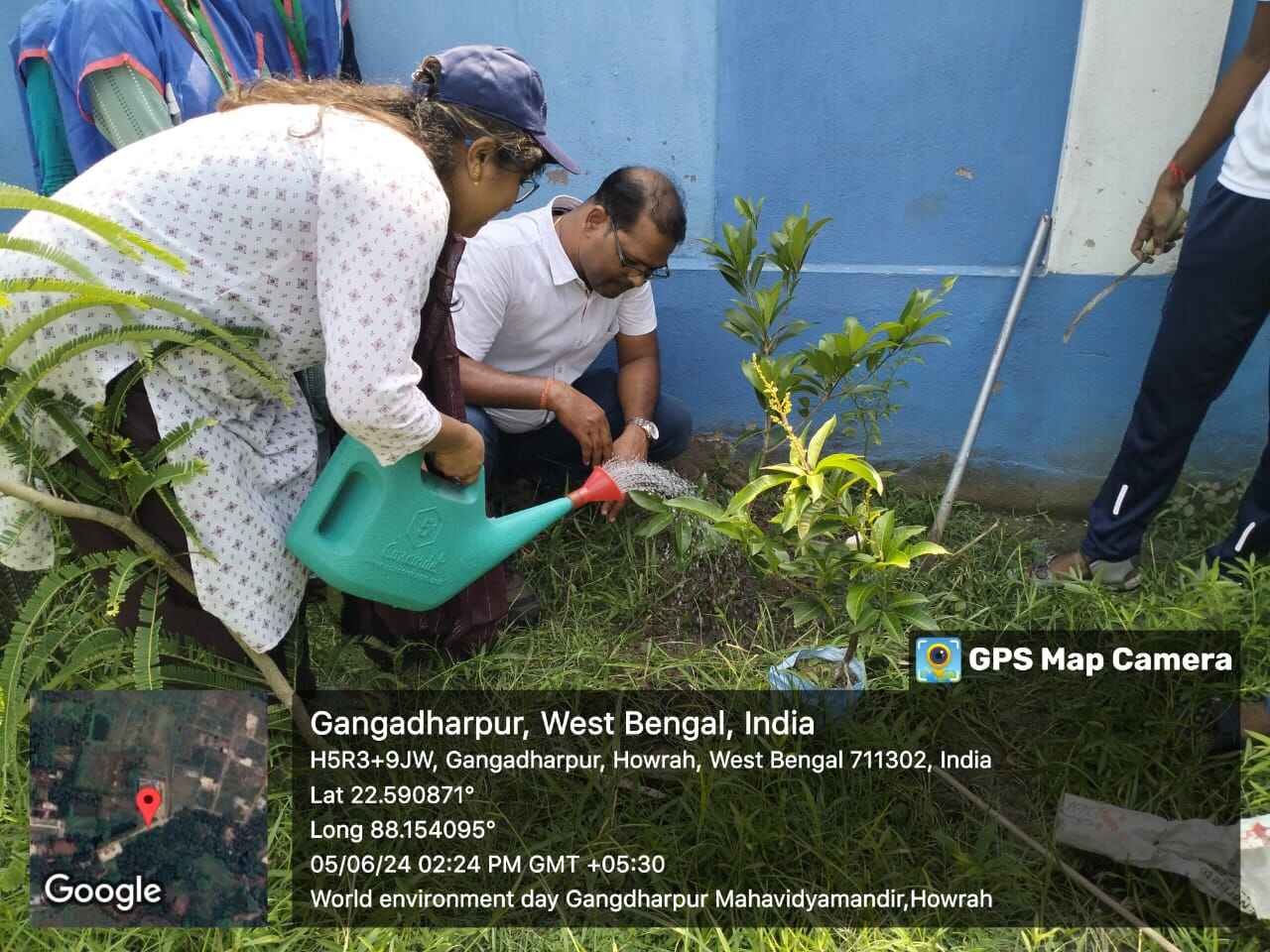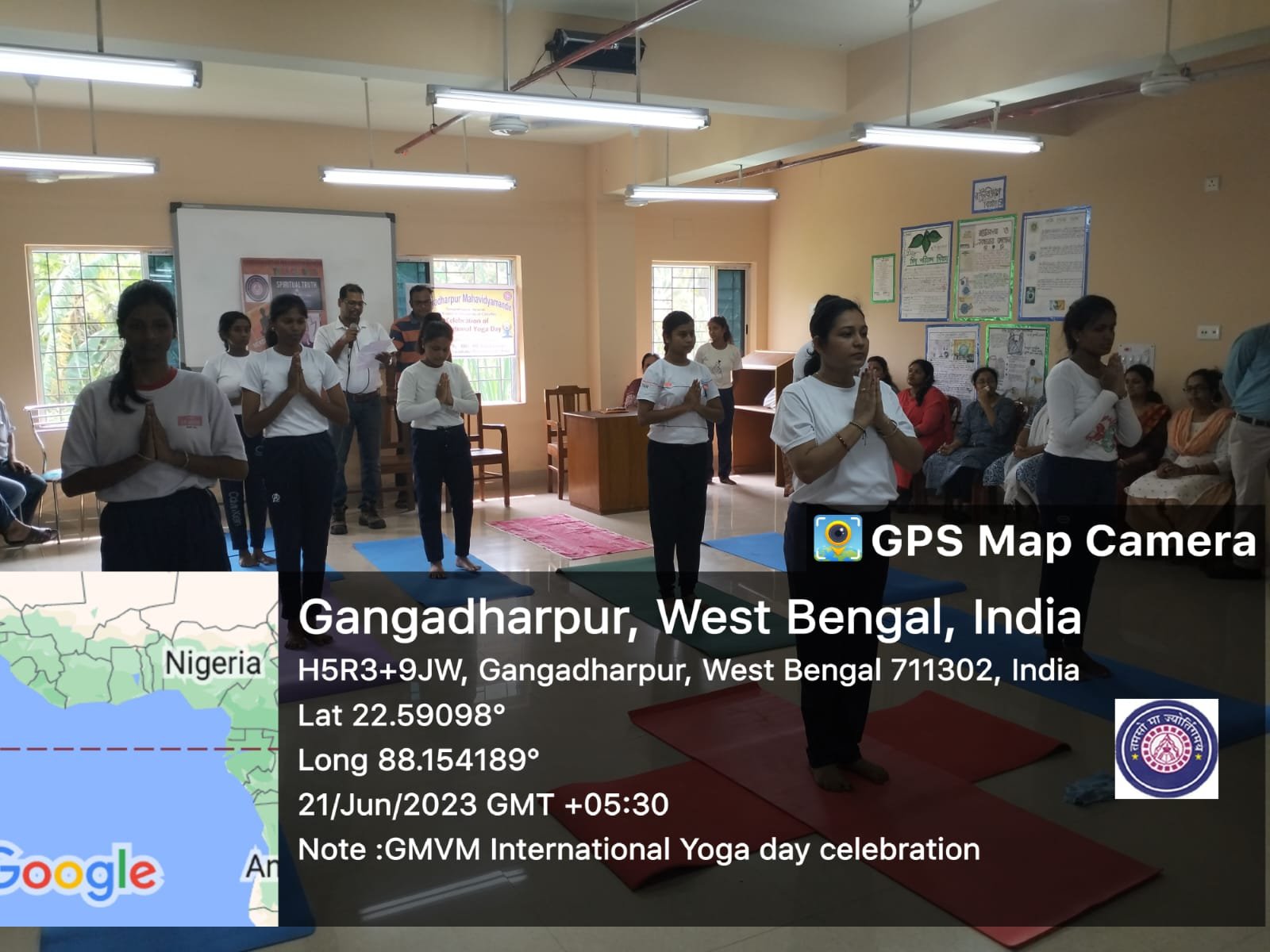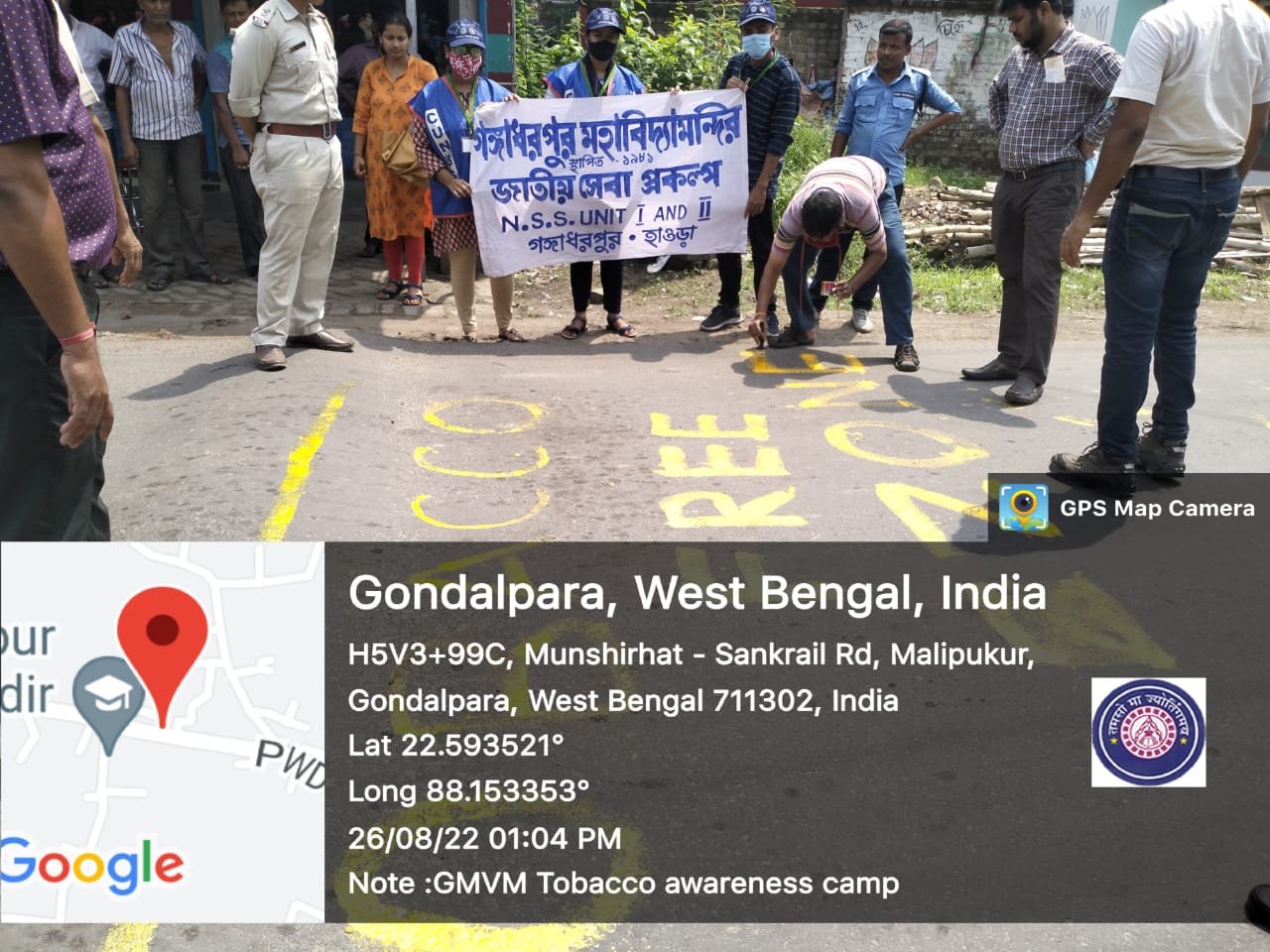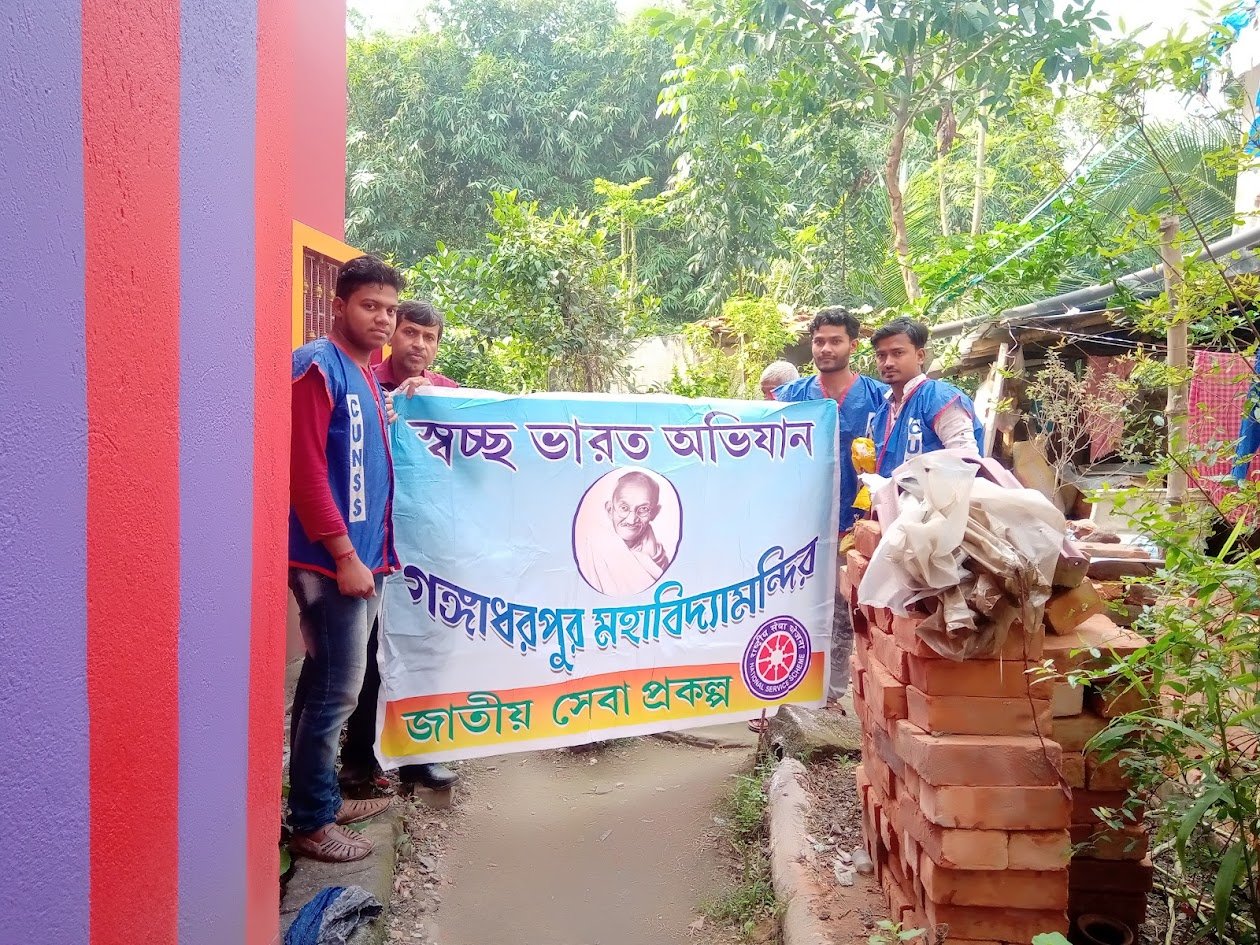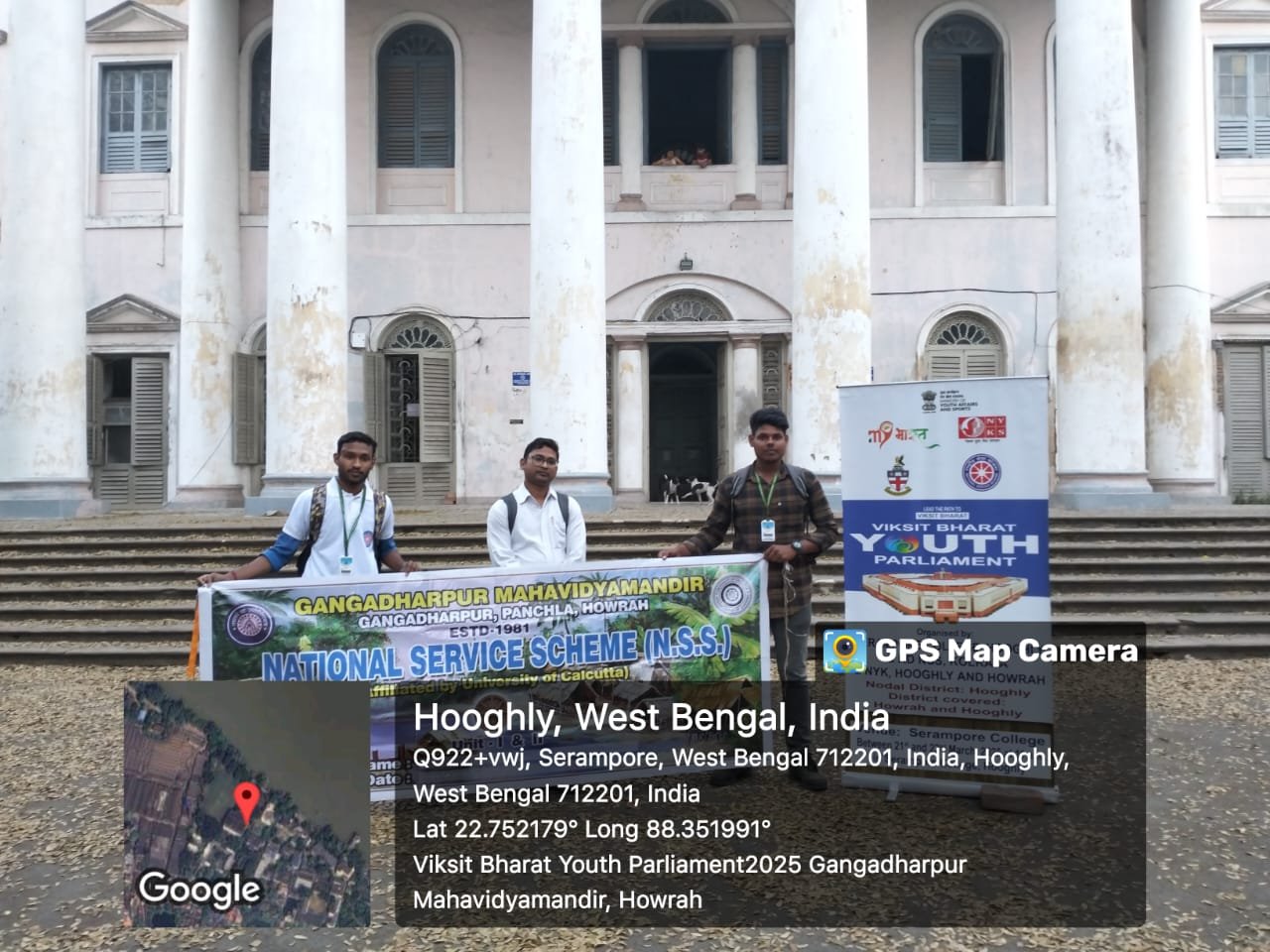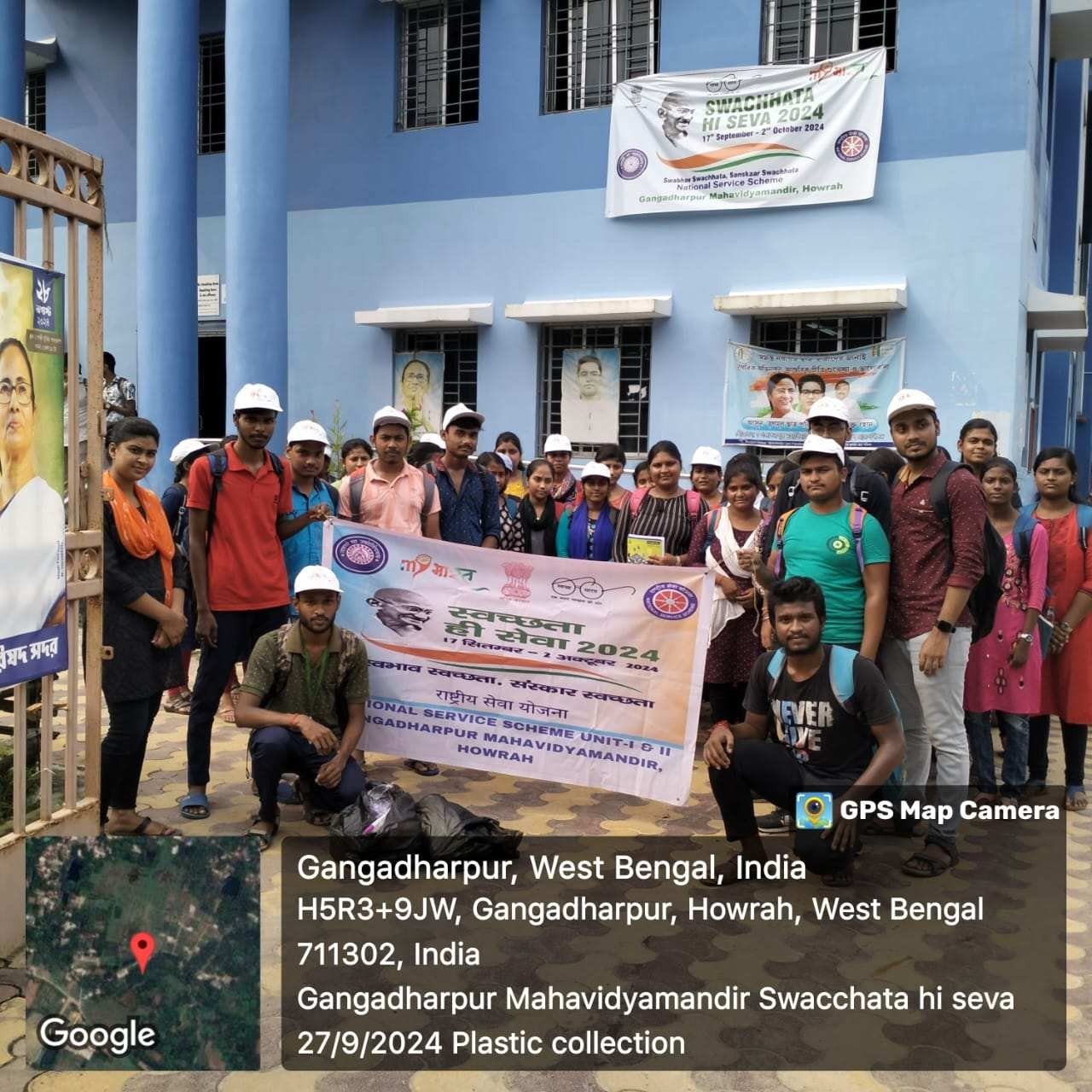
National Service Scheme
- About
- Volunteers
- Activities
- Gallery
The National Service Scheme (NSS) is an Indian government sector public service program conducted by the Ministry of Youth Affairs and Sports of the Government of India. The idea of National Service Scheme was first proposed by Major General Jagannath Rao Bhonsle. Later, the University Grants Commission, headed by S. Radhakrishnan, officially recommended the introduction of voluntary national service in academic institutions. Finally, on 24 September 1969 (Gandhiji’s Centenary Year), then the Union Education Minister Shri.V.K.R.V. Rao launched the NSS at 37 universities in several states of India. Aimed at developing student’s personality through community service, NSS is a voluntary association of young people in Colleges, Universities and at +2 level working for a campus-community (esp. Villages) linkage.
The National Service Scheme (NSS) was launched in the year-1983 at our college. Our college currently has two units, Unit-I is for boys and Unit-II for girls. At most 100 students can participate in each unit. We organize various programs throughout the year. Students can also develop their social responsibilities and various talents through these programmes along with studies.
Symbol of NSS:


- The symbol for the NSS has been based on the Giant Rath Wheel of the world-famous Konark
Sun temple (The Black Pagoda) situated in Orissa, India.
- The wheel portrays the cycle of creation, preservation and release.
It signifies the movement in life across time and space.
- The eight bars in the wheel represent 24 hours of a day.
- The red colour indicates that the volunteer is full of young blood that is lively, active, energetic and full of high spirit.
- The navy blue colour indicates the cosmos of which the NSS is tiny part, ready to contribute its share for the welfare of the mankind.
- It stands for continuity as well as change and implies the continuous striving of NSS for social transformation and uplift.
Motto of NSS:
- The motto or watchword of NSS is “NOT ME BUT YOU”
Aims and Objectives of NSS:
- To understand the community in which they work.
- To identify the needs and problems of the community and involve them in problem solving process.
- To develop among themselves a sense of social and civic responsibility.
- To utilize their knowledge in finding practical solution to individual and community problems.
- To develop competence required for group-living and sharing of responsibilities.
- To gain skills in mobilizing community participation.
- To acquire leadership qualities and democratic attitude.
- To develop capacity to meet emergencies and natural disasters.
- To practice national integration and social harmony.
Types of Activities:
- There are two types of activities
- Regular Activities
- Special Camp Activities
- All the NSS volunteers who have served NSS for at least 2 years and have performed (120 hours for each year) 240 hours of work are entitled to a certificate from the authority.
- Special Camps are held annually funded by the Government of India and are usually located in a rural village.
- Volunteers may be involved in such activities as-
- Cleaning
- Plantation
- Blood Donation Camps
- Awareness Rallies
- Health Care Camps
- Shows or a procession creating awareness of such issues as social problems, education and cleanliness.
👉 For Application Click Here
Programme officers:
| Unit | Name of the Programme officer |
| Unit-I (Boys) | Arijit Das |
| Unit-II (Girls) | Priyanka Hazra |
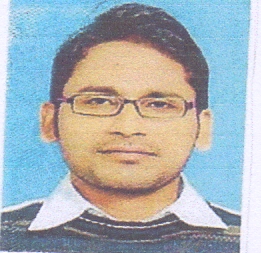

Official mail ID: gmvmnss@gmail.com
You tube channel: https://youtube.com/@gmvmnss945
1_List of Volunteers 2018-2019
2_List of Volunteers 2019-2020
3_List of Volunteers 2021-2022
4_List of Volunteers 2022-2023

